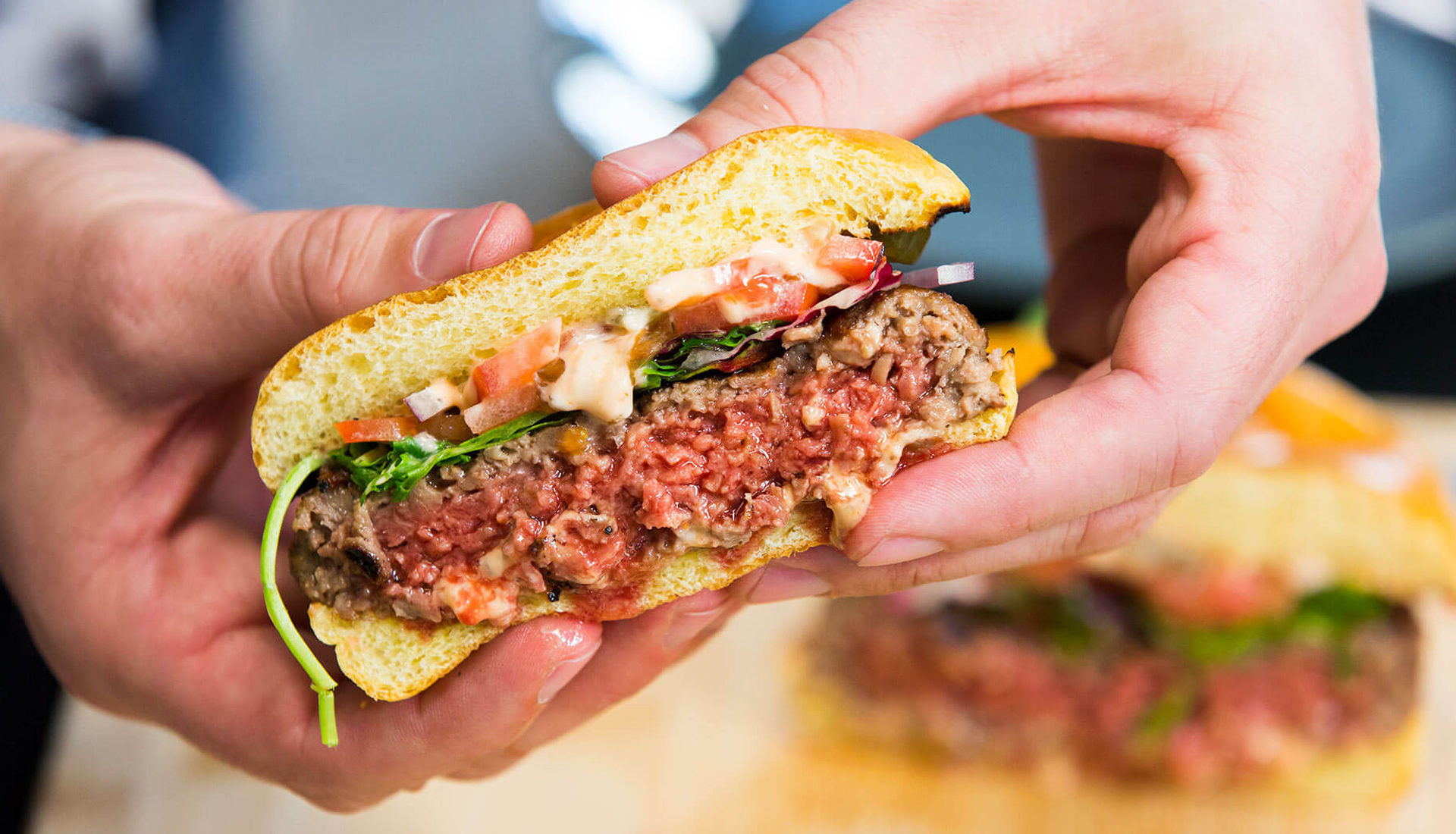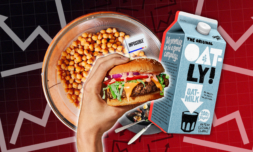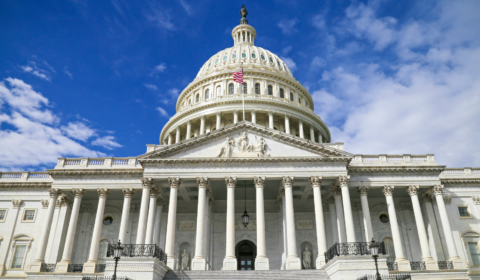There’s a new plant-based burger in meat-free town, but we have reason to doubt the ethics of the company producing it.
Cargill Inc is fitting to challenge Beyond Meat and Impossible Foods with new plant-based meat alternatives, which it hopes to be offering to retailers by April.
Cargill is America’s largest privately help company, and as the market for imitation meats continues to grow they’ve clearly sniffed out where the next cash non-cow will be. But even though an increase in the amount of meat alternatives available on the market is something to celebrate, Cargill have a sketchy environmental history to consider.
The conglomerate has been labelled as one of the largest drivers of deforestation in Brazil. Its main export is soya beans – a product that requires an excess of both land and water. The company, which exported 39 million tonnes of soya from Brazil between 2006 and 2016, conceded in 2019 that it would not meet its commitment to net-zero deforestation by 2020; that’s not net-zero carbon emissions, but a failure to guarantee it would refrain from wiping out native ecosystems.


American environmental NGO Mighty Earth produced a report in July last year alleging that Cargill was the ‘worst company in the world’ thanks to its environmental impact. The report noted that ‘in contract to the oil and tobacco industries, for instance, bad practices… are not inherent to the products Cargill sells, and are, in fact, entirely avoidable’. There are 1 billion acres of previously degraded land where crops can be grown without further imperilling native ecosystems, at no additional cost, that Cargill are overlooking.
Though it’s certain that Cargill are diving into alternative meats due to its inevitable profitability, with Barclays 2019 forecast predicting that plant-based meat would account for 10% of the meat market in the next decade, it’s possible that the result will be mildly redemptive.
In September, Cargill reaffirmed its commitment to not ‘sourcing produce from newly deforested areas in the Amazon.’ This neatly sidesteps the fairly crucial addition that they were responsible for much of this destruction, but, from another perspective, the willingness of such an ethically sketchy company to dive into meat alternatives suggests that, in the future, it won’t just be bleeding hearts that sacrifice their bottom lines to create environmentally conscious companies. Come the next ten years, it might just be the decision that makes the most economic sense.
















